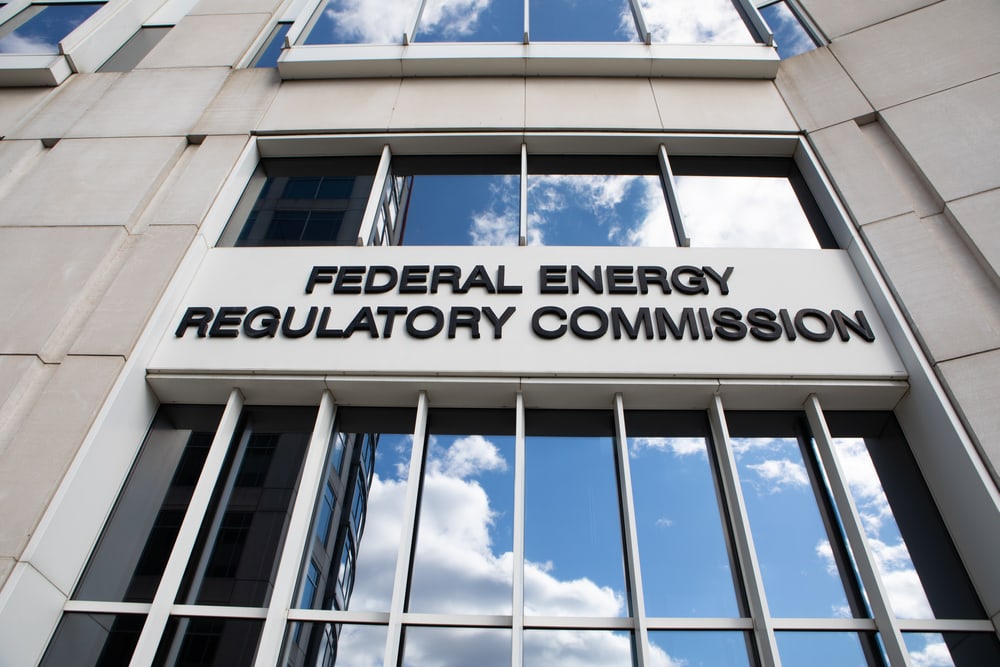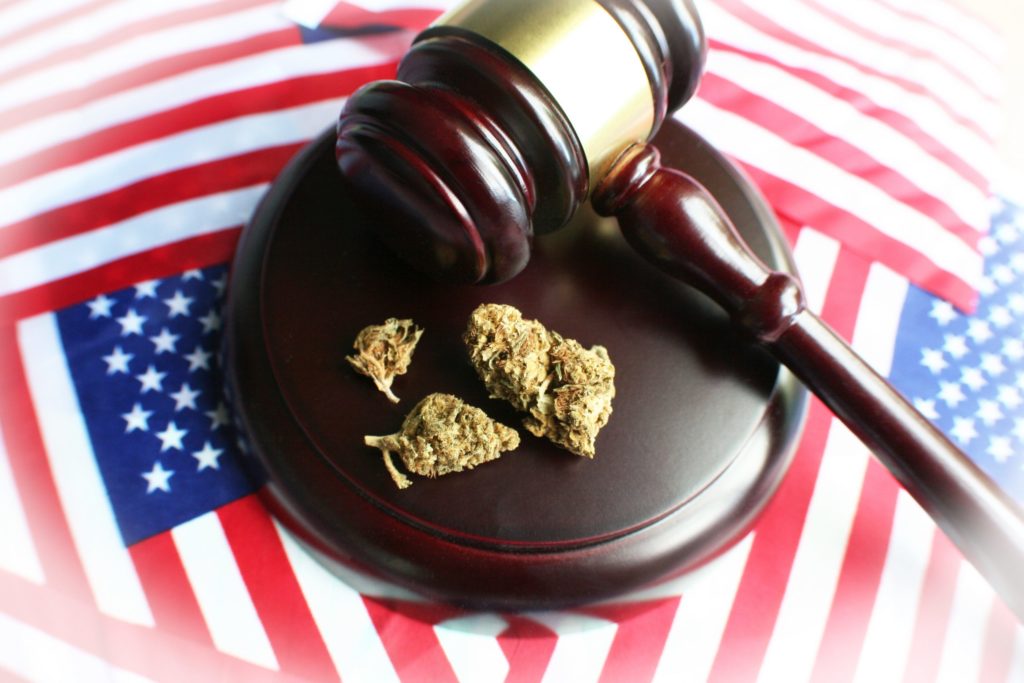Op-Eds
We have tools to save our democracy despite deep division
“Voters overwhelmingly believe American democracy is under threat, but seem remarkably apathetic about that danger,” wrote the Times.
This finding, among others in the poll, shows a shocking change within the electorate that needs to be reversed before it’s too late.
According to the survey, 71 percent believe that American democracy (technically a democratic republic) is facing serious threats from different sources. Of those who believe this, the majority said Donald Trump, Joe Biden, Republicans, Democrats, the federal government, the Supreme Court, the Electoral College and the media are either minor or major threats to democracy.
Sadly, half of respondents believe the country is too divided to solve many of our issues, and more than two thirds believe that the government doesn’t work to help everyday people, but rather a cadre of powerful and politically-connected individuals. But this isn’t the limit of the harrowing findings.
“Political disagreements appear to be seeping into the fabric of everyday life,” reads The New York Times. The plurality of respondents stated that they believe people’s political views provide at least some indication over whether or not they are good people. Put simply, many believe that our very elections, government, and politicians are threats to our form of government, and increasing numbers of Americans think that those who disagree with their politics are bad people.
“Americans on both the left and the right now view their political opponents not as fellow Americans with differing views, but as enemies to be vanquished,” wrote the Atlantic. “And they have come to view the Constitution not as an aspirational statement of shared principles […] but as a cudgel with which to attack those enemies.”
This is a bit of a scary place to be in modern America. If history has taught us anything, it’s that when citizens stop having faith in their form of government, consider long-standing institutions threats, and view their political opposition as bitter enemies, things can begin to fray and fall apart. This was the case in the Roman Republic and an untold number of other nations. Clearly, we’d like to avoid this trap.
So, what’s behind this shift? I have no doubt that political scientists and academics of every kind will study this phenomenon, but the problems, at least in part, relate to a drift toward political tribalism—a kind of hyper partisanship. “American politics today requires a word as primal as “tribe” to get at the blind allegiances and huge passions of partisan affiliation,” according to the New Yorker.
Those who are blindly loyal to a party or political leader are more likely to believe that their own government is a threat if their party isn’t firmly in power. Moreover, they are more inclined to believe easily disprovable falsehoods when disseminated within their ideological groups. This may explain why some partisans on both sides of the aisle see threats virtually everywhere.
Some level of distrust and skepticism of government is healthy, but considering our democratic and constitutional forms as dangers to democracy is another thing. Yet there was one encouraging tidbit in The New York Times/Siena College poll.
Of those who believe our form of government is endangered, 81 percent said that “We can fix our democracy within our laws and institutions,” while only 17 percent asserted that “We will need to go outside the law to fix our democracy.” However, there was a surprising number—albeit a small minority—of individuals who felt that violence was the answer. Fortunately, a vast majority believes that we have the tools and abilities to peacefully right the ship within our system of government.
Doing so and fostering trust won’t be easy. But Americans can start by reaching across the aisle to bridge the ideological divide and ensuring that we don’t amplify and promote extreme voices.
While a supermajority of respondents claimed that American democracy is under threat, most didn’t particularly care that much. Only 7 percent identified the state of democracy as the nation’s more pressing issue, which reminds me of a moment steeped in American lore.
According to legend, in 1787 following the American Constitutional Convention, someone shouted to Benjamin Franklin, “Doctor, what have we got? A republic or a monarchy?” He famously responded, “A republic, if you can keep it.”






